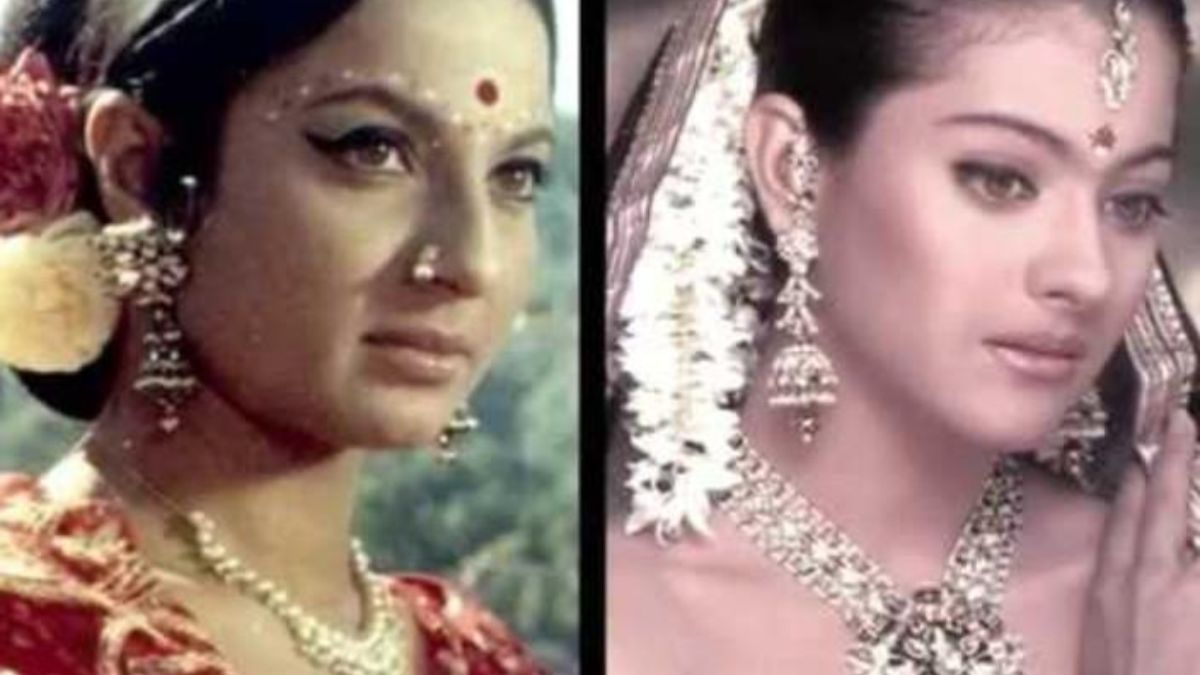The Marathi version of Kaun Banega Crorepati will feature Kajol and her mother Tanuja as guests on Kon Honaar Crorepati. Tanuja got to share anecdotal stories from Kajol’s toddlerhood and kicked up a fuss that she never paid attention to her as a child during the show.
Kajol can be seen complaining about Tanuja scolding her as a child in the show’s promo video, which she shared on her Instagram account. Tanuja responded by saying Kajol would never listen to her. “She would always be lost in her world,” she explained. And if you say something to her, she will stare at you with her big eyes.” When show host Sachin Khedekar asked Kajol if she was afraid of Tanuja as a child, she said yes. Tanuja then referred to her as a “liar.” Tanuja married Shomu Mukherjee, a filmmaker, in 1973. They had two children, Kajol and Tanishaa Mukerji, both actors. Kajol revealed earlier that when Tanuja and Shomu divorced, she was only four and a half years old. Shomu died in 2008 as a result of a massive cardiac arrest.
In an interview with the Hindustan Times last year, Kajol mentioned Tanuja’s parenting style and expressed her desire to do as well as she did with her children. “My mother is incredible. I also tell her this. I am grateful to her for raising me. Because of what she taught me as a child, I believe I am a better human and adult today. She always addressed me as if she wished for me to be a better adult. If I had completed even a portion of that with my daughter and son, I believe I would have raised two wonderful children “She stated.

Kajol is married to actor Ajay Devgn, whom she met on the set of Hulchul in 1995. They were most lately seen in Tanhaji: The Unsung Warrior, which became their biggest box office success. Nysa and Yug are their children.
Kajol was last seen in the Netflix film Tribhanga in 2021, alongside Mithila Palkar and Tanvi Azmi. She is actively working on Salaam Venky, Revathi’s upcoming film. The film’s release date has been set for October 20, 2021. The film’s original title, The Last Hurrah, was changed when production began.



